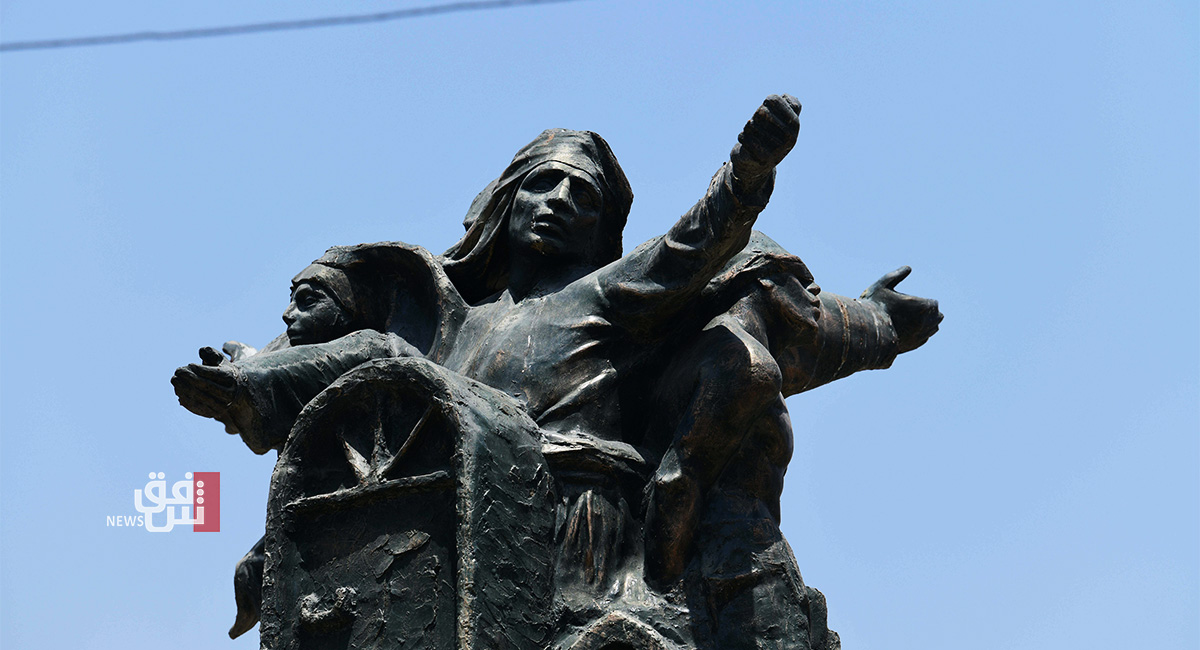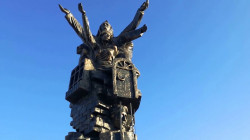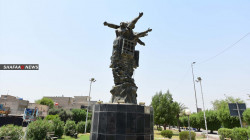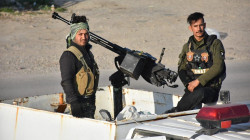Feyli Kurds' initial displacement under monarchy system

Shafaq News / It is not uncommon for the expulsion of immigrants from a country; however, it is unusual for ruling authorities to uproot native citizens from their homeland and displace them to another country, claiming that their ancestors came from there. This is an unforgivable crime.
The demarcation of borders between Iraq and its neighbors underwent numerous adjustments, with many villages and towns changing their status based on various decisions stemming from international treaties following wars, such as the Sykes-Picot Agreement, which divided the Middle East between Britain and France.
Since the 1950s, the ruling authorities in Iraq pursued a policy of displacing the Feyli Kurds, particularly during the monarchy. This happened after the uprising in Al-Hay, a small city about 45 kilometers from Kut, a district within the Kut governorate at the time (currently part of Wasit governorate).
Notably, the revolutionary activity in Al-Hay dates back to the 1940s and became a center for the Communist Party's activities. Its influence extended to the surrounding villages. Writer Shumran Al-Yasiri vividly depicted the revolutionary political activity in the rural areas of Wasit in his quartet 'Balabush Dunya'.
Al-Hay experienced several protests and clashes with the police in the 1950s. When the tripartite aggression against Egypt occurred in 1956, disturbances broke out in Al-Hay, leading to clashes between the police and citizens, resulting in casualties and arrests.
The city was besieged by around 1,500 police officers, attacked with a barrage of gunfire, and the masses defended the city against the police who violated it, arresting and torturing even women and children.
At the time, the government warned 250 Kurdish Feyli families in Al-Hay to leave the city. Eleven families fled to Iran.
Furthermore, the Military Advisory Council rushed to Kut, issuing mass sentences against the citizens of the city, and sentencing the Communist defenders Ali Sheikh Hamoud and Atta Mahdi Al-Dabbas to immediate execution.





